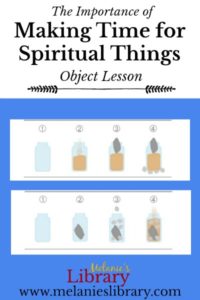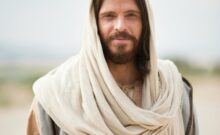A short story about Mother Teresa and how her service made a difference in the world, drop by drop. Includes an object lesson on how we should prioritize our time, making time to minister to the one.

*This post contains affiliate links
Making a Difference Drop by Drop
This story comes from a BYU Devotional entitled Small Things given by J. Michael Hunter on May 22, 2012. For the full talk, click HERE.
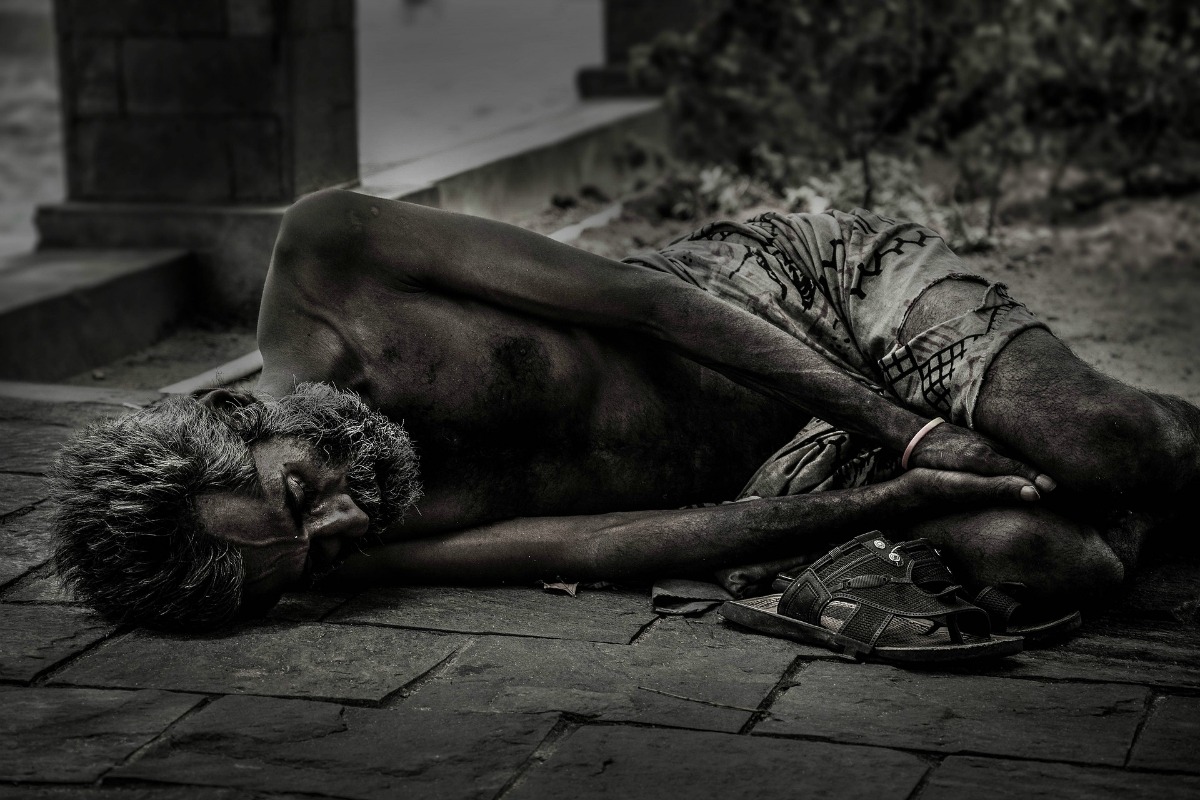
Mother Teresa, wanting to make a difference in the world, founded the Congregation of the Missionaries of Charity in 1950. The mission of her small organization was to help “the poorest of the poor” in the slums of Calcutta, India, by educating and meeting the needs of the destitute and starving. She wanted to bring comfort to the sick and dying who often felt unloved, uncared for, and unwanted.
Some twenty years later the BBC sent an award-winning journalist to interview Mother Teresa about her work. The journalist reported that Calcutta was a scene of suffering and despair, the streets crowded with naked, hungry, homeless people whose needs stretched far beyond what the Missionaries of Charity could provide. The journalist suggested that a government agency would be better equipped than Mother Teresa to handle the destitute in the slums of Calcutta. He stated, “Statistically speaking, what she achieves is little, or even negligible.” He thought—as he later revealed—that the difference she was making was so insignificant that it was hardly worth the bother.
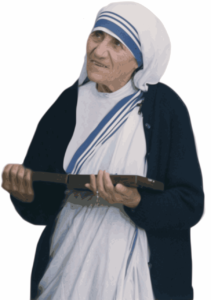 Responding to the criticism directed at the “insignificant scale” of her work “by comparison with the need,” Mother Teresa noted that “welfare is for a purpose—an admirable and a necessary one—whereas Christian love is for a person.” She told the journalist that the one was about numbers, the other about Christ. She explained that what the poor need as much as food and clothing is to be wanted and loved. Her simple purpose was to provide that love. She served the one within her reach, doing the best she could with what she had.
Responding to the criticism directed at the “insignificant scale” of her work “by comparison with the need,” Mother Teresa noted that “welfare is for a purpose—an admirable and a necessary one—whereas Christian love is for a person.” She told the journalist that the one was about numbers, the other about Christ. She explained that what the poor need as much as food and clothing is to be wanted and loved. Her simple purpose was to provide that love. She served the one within her reach, doing the best she could with what she had.
At another time Mother Teresa said: “What we do is nothing but a drop in the ocean. But if we didn’t do it, the ocean would be one drop less.” Through her humble service, Mother Teresa made a difference in the world, drop by drop.
The simple acts of kindness that we do, are never too small. As Brother Hunter also stated, “There are many people who can do big things. But there are very few people who will do the small things.”
MAKING TIME (OBJECT LESSON)
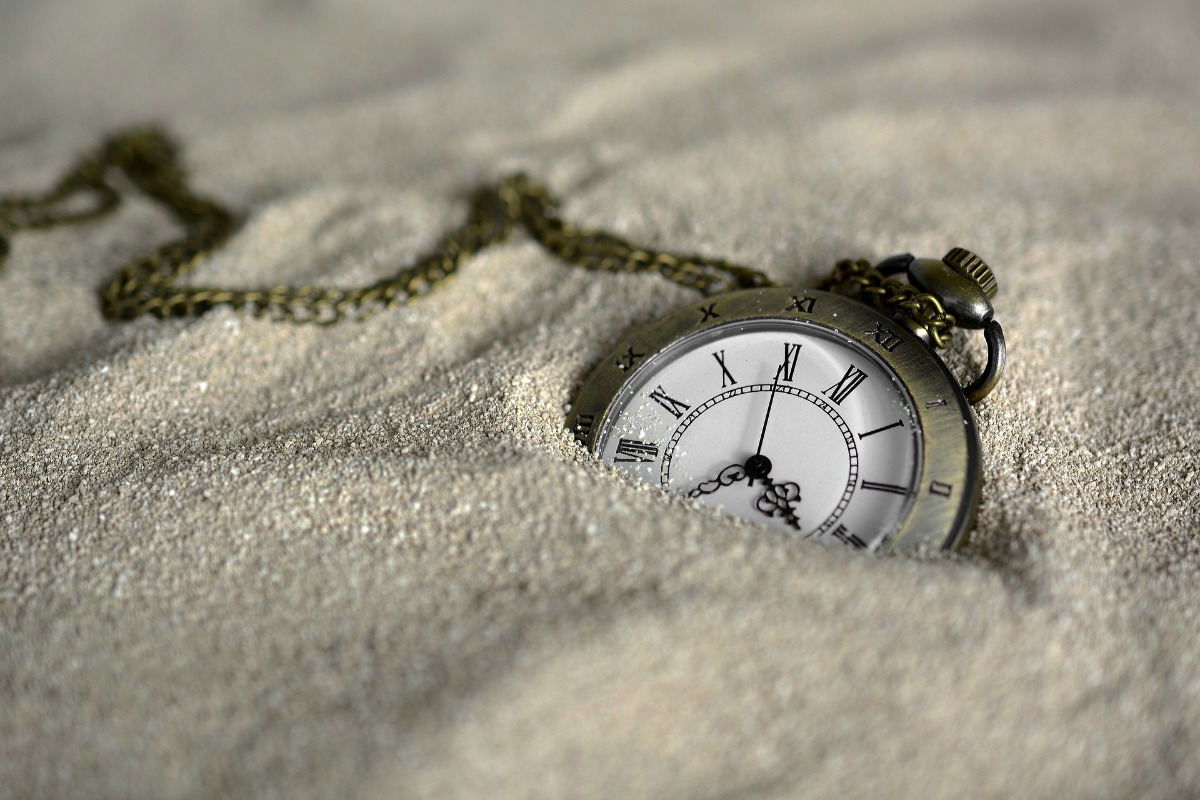
There are many good things we can do that will occupy our time but we need to choose the very best.
President Dallin H. Oaks has said:
“Just because something is good is not a sufficient reason for doing it. The number of good things we can do far exceeds the time available to accomplish them. Some things are better than good, and these are the things that should command priority attention in our lives.”
Items you’ll need
Jar
Some rocks (or ping pong balls)
Sand (or rice)
Instructions
The jar represents our lives. Our lives with only so much time in a day. The rocks and the sand, when placed in the jar, represents the way we prioritize our time.
In this example, the rocks represent spiritual activities and the sand represents worldly or temporal activities.
If you were to first pour the sand into the jar – just like how most people put worldly or temporal activities at the top of their list – and then put in the rocks, there is not enough room for the rocks to all fit. In other words, we don’t leave enough time for spiritual things.
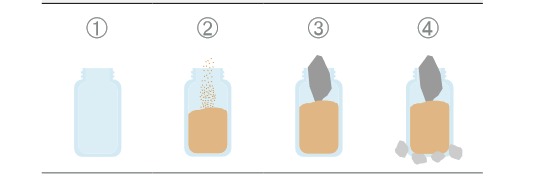
But if we were to first put in the rocks or make spiritual things a priority and then pour in the sand, there is room for both the rocks and the sand.
If you will put the Lord first, all other things in your life will fall into place or fall out if they are not “needful.” (refer to the story of Mary and Martha)
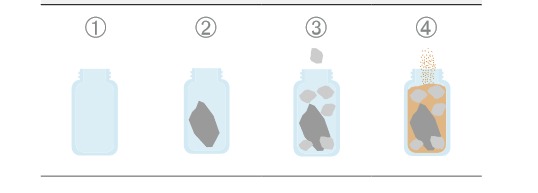
*These images come from the church’s Self Reliance Manual on Personal Finances. This object lesson can be used for a lesson on tithing and fast offerings as well. To download the manual, go HERE.
TIPS
1.Before you do the object lesson, figure out how much sand and rocks you’ll need by putting them in the container first and then pouring them out.
2.Include the following Discussion Questions:
What are some temporal things that we spend a lot of time on in our lives that aren’t spiritual? (List as you pour in the sand)
What are some spiritual things that should be a priority? (List as you put in the rocks)
Need some of the items? You can find them on Amazon.
Yours Truly,

P.S. This story and object lesson were used in Episode 16 of the Teach Me to Walk in the Light Podcast. Check it out by clicking HERE
P.P.S. For more inspiring gospel-related resources, be sure and sign up for my monthly Finding JOY Newsletter. Helping you be the most effective teacher you can be at home and in your calling.




